However, if symptoms of incoherence begin to persist without logical explanation, this may be a thought disorder. Teens and adolescents who have persistent thought disorder symptoms can benefit from treatment. For more information about mental health treatment for adolescents, call us today at 855.940.6229.
What Is a Thought Disorder?
Thought disorder, also known as formal thought disorder, is a mental condition characterized by a disruption in cognitive ability. This disruption significantly impacts an individual’s capacity to think, speak, and effectively communicate their thoughts and ideas. It encompasses various symptoms such as disorganized thinking, incoherent speech, and difficulty expressing oneself coherently.
To obtain a medical diagnosis of a thought disorder, a doctor will carefully assess the frequency and severity of these disturbances in the individual’s thought processes. By evaluating the extent of these cognitive impairments, healthcare professionals can provide appropriate interventions and support to help individuals manage and cope with the challenges posed by thought disorders.
How Are Thought Disorders Diagnosed?
There are several tests that doctors can perform to help determine whether a thought disorder diagnosis is appropriate. Other mental and behavioral health conditions can cause thought problems. Therefore, there will likely be tests for any potential cause the doctor suspects may be behind a thought disorder.
Thought disorders themselves are typically diagnosed with the aid of two tests:
Rorschach Inkblots
The famous Rorschach inkblot tests involve patients looking at a series of inkblots and describing what they see. The Rorschach test is helpful because it allows medical professionals to see how patients interpret the world around them relatively unbiased.
Thought Disorder Index
Formed mainly from observations of the Rorschach tests used to evaluate thought disorders. The Thought Disorder Index is a series of 23 categories of thought disturbance. Each class is assigned a severity scale, depending on how much the patient exhibits behaviors in that category.
What Is Thought Disorder Treatment Used For?
Several types of thought disorders and conditions are associated with thought disorders. Treatment for each state will involve improving the disordered thoughts and any symptoms specific to a given situation.
The American Psychological Association lists some of the common types of thought disorders a person might experience:
The Poverty of Ideas
This is when a person has reduced thought productivity. The patient often exhibits speech that is incoherent or vague.
Neologisms
These are words invented by the patient that are meaningless or lack any clear origin.
Paralogia
This is any persistent thinking or verbal expression that is delusional or lacks logic.
Word Salad
When a person creates incomprehensible sentences consisting of words with loosened connections to their actual meaning.
The Role of Medication in Thought Disorder Treatment
Depending on the type of thought disorder a person has, doctors may prescribe medication to help them cope with the symptoms. Medical professionals will consider the thought disorder and any other symptoms the person is experiencing before prescribing medication such as the following:
Antipsychotics
Patients with certain thought disorders are often put on antipsychotics. This category of medicine has proven effective in treating the condition.
Mood Stabilizers
Medications help patients to think more clearly and may help to alleviate some of the confounding factors of disordered thinking.
Antidepressants
Antidepressants are best known for their impact on mood. However, many doctors also prescribe them to treat thought disorders effectively.
The Role of Psychotherapy in Thought Disorder Treatment
As with many mental health conditions, psychotherapy can help teach patients to cope with the symptoms of their thought disorder. Psychotherapy can also help adolescents potentially learn to overcome their thought disorders. Two particular forms of psychotherapy may be recommended for those who need thought disorder treatment:
Cognitive-Behavioral Therapy
The goal of cognitive behavioral therapy is to teach the patient about the various cognitive distortions that cause us to think and behave in detrimental ways. By becoming aware of these distortions and recognizing them, patients can learn coping mechanisms to help them resist the distortion.
Family Counseling
An adolescent with a thought disorder can strain the whole family. The affected person may be challenging to get along with. And parents may wish to know how they can help their children through their difficulties. Family counseling can help provide the tools needed for families to work through a loved one’s thought disorder together.
Adolescent Thought Disorder Treatment in Massachusetts
Thought disorders in adolescents can be challenging diagnoses and affect daily life. Thought disorders affect how a teen can process information, communicate, and behave. With treatments like medications and therapy, reduction in thought disorder symptoms is possible.
The Massachusetts Center for Adolescent Wellness (MCAW) offers thought disorder treatment to young people. We understand that each case brings unique challenges, and each adolescent is different. At MCAW, we provide a treatment plan that helps teens cope with their condition in a supportive and judgment-free environment. We also treat a variety of other mental health disorders and are committed to supporting your teenager. Call us today at 855.940.6229 and let’s get started putting your teen on the path to recovery.

